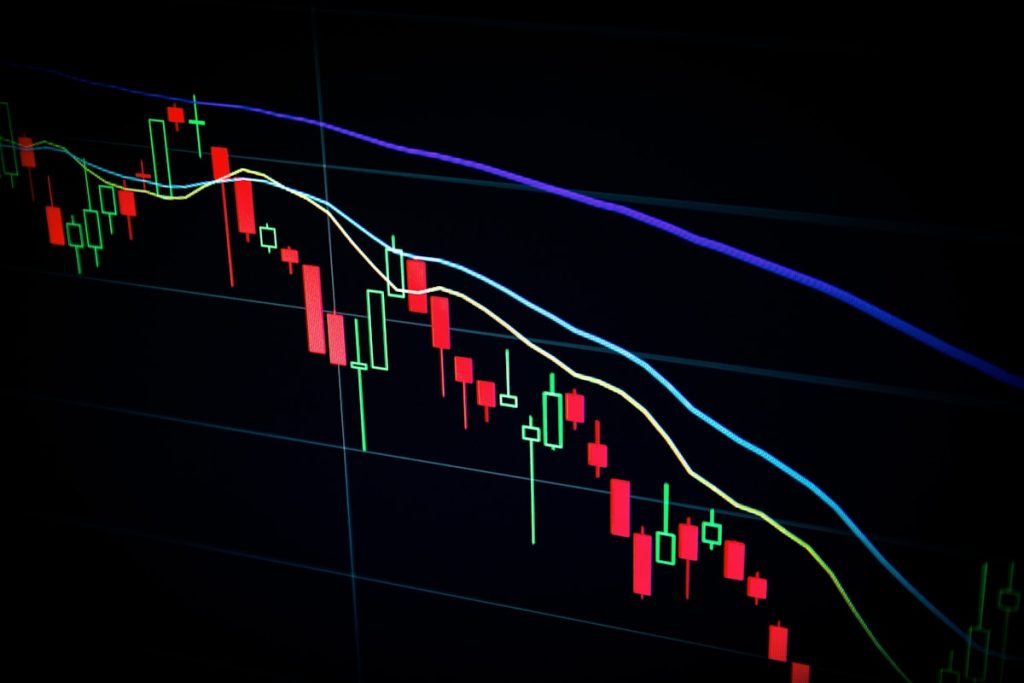Asian Shares Mostly Higher Following China-US Trade Talks Without Agreement
Asian equity markets traded predominantly higher on Thursday, as investors digested the conclusion of recent trade discussions between China and the United States, which ended without a formal agreement. Despite the lack of a breakthrough, regional indices reflected cautious optimism, with many traders betting on continued dialogue to prevent further escalation of tariffs.
Market Performance Across the Region
Japan’s Nikkei 225 rose 0.8%, buoyed by gains in technology and automotive stocks. South Korea’s KOSPI climbed 1.2%, driven by semiconductor giants such as Samsung Electronics. Hong Kong’s Hang Seng Index advanced 0.6%, while China’s Shanghai Composite edged up 0.3% amid mixed reactions to domestic economic data. Australia’s ASX 200, however, bucked the trend, slipping 0.4% due to weaker commodity prices.
Trade Talks Outcome and Market Sentiment
The latest round of talks between U.S. and Chinese officials concluded with both sides acknowledging progress but offering no timeline for resolving key disputes. Issues such as intellectual property protections, technology transfers, and existing tariffs remain unresolved. Analysts noted that markets interpreted the absence of immediate retaliation or new tariffs as a temporary positive, reducing fears of near-term volatility.
- Technology Sector Strength: Asian chipmakers and hardware suppliers rallied on hopes that delayed U.S. tariff hikes could benefit global supply chains.
- Currency Stability: The offshore yuan held steady against the dollar, easing concerns about competitive devaluation.
- Policy Support: China’s central bank injected liquidity into the financial system, reinforcing confidence in proactive economic measures.
Lingering Concerns and Analyst Views
While markets responded favorably, economists warned that underlying tensions could resurface. The U.S. has maintained tariffs on over $300 billion of Chinese goods, and China continues to subsidize strategic industries. “The lack of a deal means uncertainty remains a headwind for exporters and multinationals,” said Mei Lee, a strategist at Shanghai Financial Group. “Investors are pricing in a prolonged stalemate rather than a rapid resolution.”
Sector-Specific Movements
Automakers in Japan and South Korea saw inflows amid expectations of smoother cross-border component shipments. Meanwhile, Chinese renewable energy stocks gained after Beijing hinted at subsidies for solar projects. In contrast, Australian mining firms dipped as iron ore prices fell on concerns about slower Chinese construction activity.
Looking Ahead
Market participants are now focusing on upcoming economic indicators, including China’s industrial production data and U.S. inflation figures, which could influence central bank policies. While the trade détente has provided short-term relief, analysts stress that sustained gains depend on concrete progress in future negotiations.



